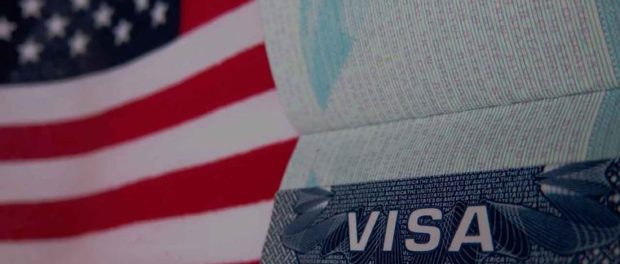The Trump administration is starting to make good on a campaign promise to reform the H-1B program. A new policy now mandates any H-1B recipient must fill a specific, specialty role.
For any H-1B visa to be approved, each applicant must be employed in a “specialty occupation,” and the employer agrees to remain in an employer-employee relationship with the visa holder for the duration of the visa’s validity period.
If you’re looking for the TL;DR version of this policy, companies can no longer hire entry-level “software engineers” en masse from overseas, nor can they shuffle them off to subsidiaries. Similarly, a visa holder can’t use the program to gain entry to the United States, then jump ship to another company once here.
The United States Citizenship and Immigration Services (USCIS) also says it reserves the right to change the duration of H-1B visa grants:
When H-1B beneficiaries are placed at third-party worksites, petitioners must demonstrate that they have specific and non-speculative qualifying assignments in a specialty occupation for that beneficiary for the entire time requested on the petition. While an H-1B petition may be approved for up to three years, USCIS will, in its discretion, generally limit the approval period to the length of time demonstrated that the beneficiary will be placed in non-speculative work and during which the petitioner will maintain the requisite employer-employee relationship.
As-is, USCIS officers aren’t required to review third-party contracts or define the exact dates or location these visa holders will work. It’s not clear if this policy change will also mean closer inspection of those contracts or job offers.
The USCIS adds: “The updated policy guidance aligns with President Trump’s Buy American and Hire American Executive Order and the directive to protect the interests of U.S. workers. Employment-based petitioners who circumvent the worker protections outlined in the nation’s immigration laws not only injure U.S. workers (e.g., their wages and job opportunities), but also the foreign workers for whom they are petitioning.”
So far, the White House has engaged in a protracted, clumsy relationship with H-1B. True reform has yet to occur (even after a “comprehensive look” by the administration), and the most recent action taken against H-1B wasn’t direct; instead, the Trump White House limited the rights of H-1B spouses to work.
This change in policy from the USCIS isn’t necessarily shocking. Last March, the agency asked its officers to better identify specialized workers within the H-1B program. At the time, it said in a memo that “an entry-level computer programmer position would not generally qualify as a position in a specialty occupation.”
In limiting the H-1B program to specialized roles, the USCIS might be obeying both the spirit and letter of the program. It’s also a more direct challenge to companies that seem to use the visa program to quickly staff mid-level tech jobs. Even if those bills that want to expand the program manage to pass Congress, this bottleneck might prevent what some see as an abuse of the H-1B program.

Leave a comment
You must be logged in to post a comment.